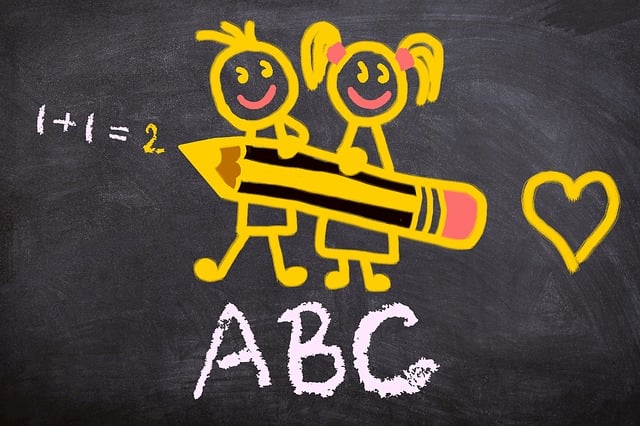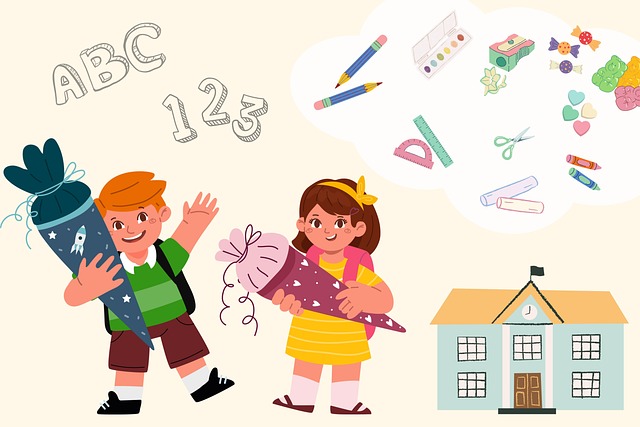The legacy of Agape Boarding School, once an educational haven, has transformed into a symbol of systemic abuse and historical trauma for its survivors, who endured severe physical, emotional, and sexual misconduct. Uncovering this dark history is crucial for healing and addressing societal issues. Many survivors seek justice and healing through legal measures like lawsuits, therapy, counseling, and support groups. Organizations dedicated to institutional abuse provide essential resources like mental health services and legal aid. Healing and community are vital components of recovery, offering safe spaces, emotional support, resilience, and personalized healing paths. These networks foster empathy, validation, and forgiveness, empowering individuals to regain control over their lives and access justice for past injustices at Agape Boarding School.
Many survivors of the Agape Boarding School still seek justice for the abuse they endured. This article delves into the historical trauma left behind by this institution, examining its legacy and the ongoing fight for accountability. We explore legal avenues and support systems available to survivors, as well as the vital role of healing and community in rebuilding lives shattered by Agape’s past.
Uncovering the truth about the Agape Boarding School is a crucial step towards justice and closure for those affected.
- Uncovering the Historical Trauma: The Legacy of Agape Boarding School
- The Fight for Justice: Legal and Supportive Measures for Survivors
- Healing and Community: Rebuilding Lives After Agape Abuse
Uncovering the Historical Trauma: The Legacy of Agape Boarding School

The legacy of Agape Boarding School casts a long shadow, leaving deep scars on the souls of its survivors. What began as a seemingly idyllic educational institution quickly morphed into a place of systemic abuse and historical trauma. For decades, children were subjected to severe physical, emotional, and sexual misconduct at the hands of those entrusted with their care. Unveiling this dark history is a crucial step towards healing for the survivors who endured unimaginable hardships.
The Agape Boarding School, operating under various names over the years, has left an indelible mark on its former students. The profound impact of this trauma extends beyond individual suffering; it reflects a broader societal issue that demands attention. By shedding light on these past injustices, survivors can finally begin to process and overcome their experiences. Uncovering and acknowledging the historical trauma associated with Agape Boarding School is essential in ensuring justice for those who deserve it most—the victims who carried these wounds long after their time there.
The Fight for Justice: Legal and Supportive Measures for Survivors

Many survivors of abuse at Agape Boarding School are still seeking justice and healing. The road to justice is often complex, but legal measures play a crucial role in holding accountable those responsible for the harm inflicted. Survivors can seek compensation through lawsuits, which not only provide financial relief but also serve as a powerful form of validation. Legal teams specialized in such cases offer invaluable support, guiding survivors through the intricate processes and ensuring their rights are protected.
Supportive measures complement legal actions. Therapy, counseling, and support groups are essential for addressing the emotional and psychological scars left by the abuse. Organizations dedicated to helping survivors of institutional abuse provide critical resources, including legal aid, mental health services, and community support. These initiatives foster a sense of empowerment, encouraging survivors to share their stories and pursue justice while prioritizing their well-being.
Healing and Community: Rebuilding Lives After Agape Abuse

Healing and Community play a pivotal role in rebuilding lives shattered by abuse at Agape Boarding Schools. Survivors often carry deep emotional scars, trauma, and feelings of isolation. However, connecting with like-minded individuals who understand their experiences can be transformative. Support groups and community initiatives offer safe spaces to share stories, process emotions, and gain strength from collective resilience. This sense of belonging helps survivors regain a sense of control and empowers them to chart their paths to recovery.
Through these networks, individuals can access resources, learn coping mechanisms, and discover healing modalities that work best for them. Sharing experiences and strategies fosters a culture of empathy, validates personal struggles, and encourages forgiveness—not as an act of forgetting but as a means to release the burden of past traumas. Ultimately, rebuilding lives after Agape abuse is a journey towards wholeness, supported by communities dedicated to justice and healing.
The journey towards justice for survivors of Agape Boarding School abuse is a complex yet essential process. By unearthing historical trauma and implementing supportive legal measures, survivors can begin the healing process. It’s through community rebuilding and solidarity that former students can reclaim their lives, finding solace and closure. The fight for justice ensures that the legacy of Agape Boarding School serves as a cautionary tale, preventing future occurrences of such exploitation and abuse.
